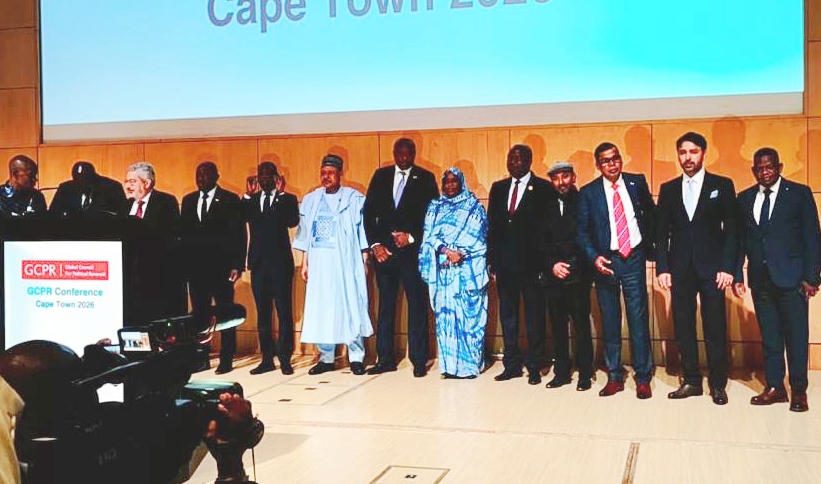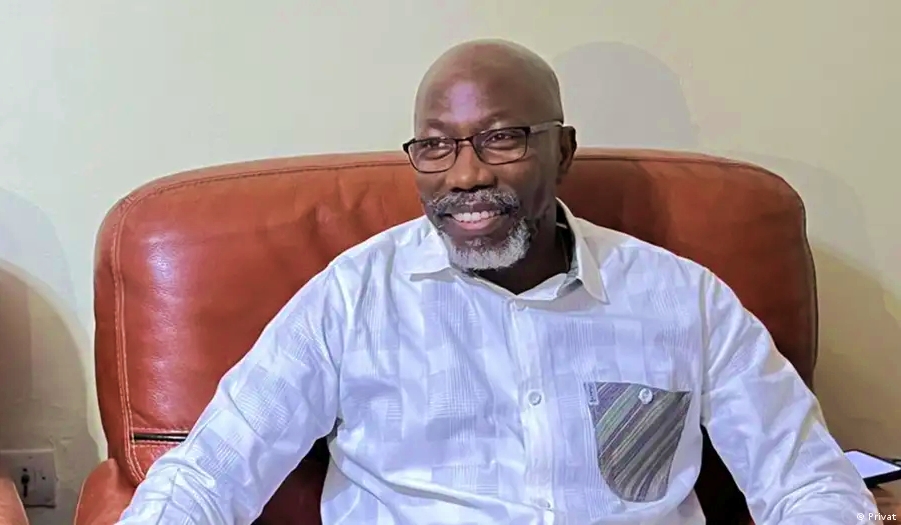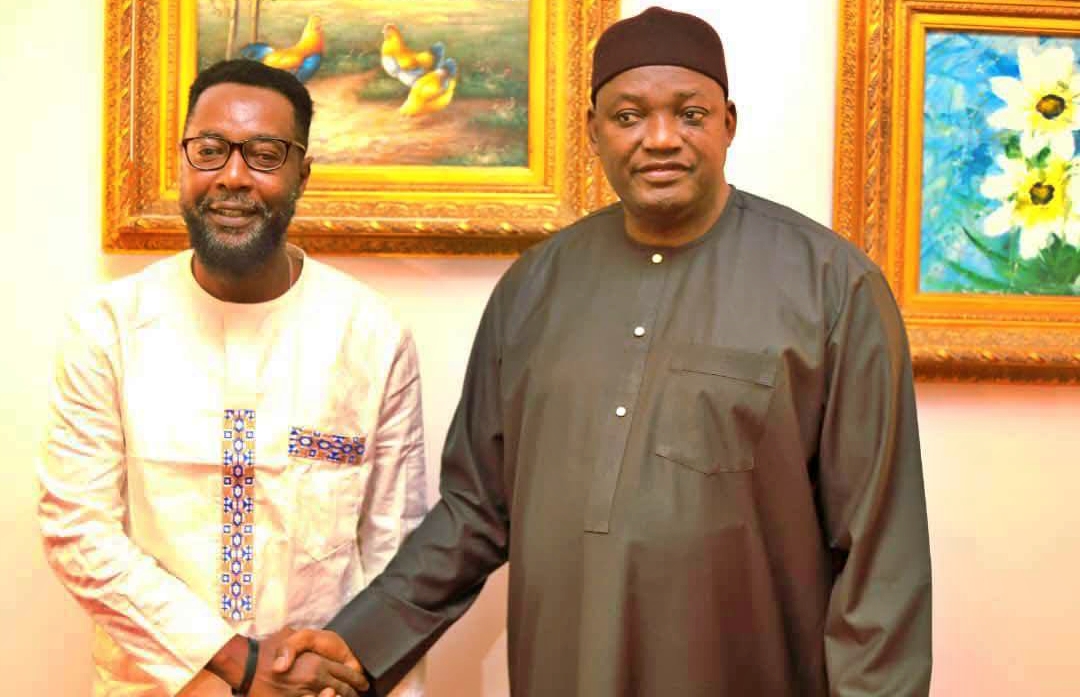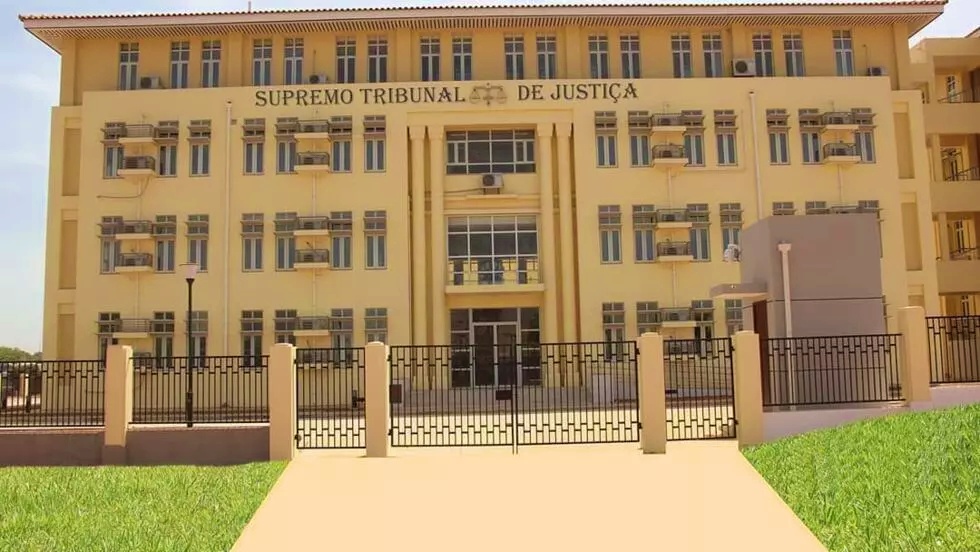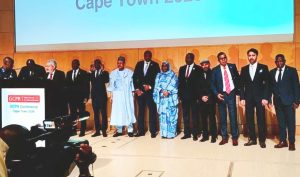Gambiaj.com – (BISSAU, Guinea-Bissau) – The Supreme Court of Justice of Guinea-Bissau has ruled that President Umaro Sissoco Embaló’s term officially ends on September 4, 2025, and that he must remain in office until a newly elected president is inaugurated.
The decision, issued on February 3, 2025, was in response to a request by António Afonso Té, leader of the Republican Party of Independence for Development (PRID), a party within the Republican Platform “Numpu Guiné“, which supports Embaló. The court’s ruling clarifies the constitutional timeline of the president’s five-year mandate, which it states began on September 4, 2020, following the final confirmation of electoral results.
Political and Legal Disputes Over Embaló’s Term
The decision comes amid an intense political debate in Guinea-Bissau, with the opposition insisting that Embaló’s mandate expires on February 27, 2025—the date he initially assumed office in a controversial ceremony at a hotel in Bissau. However, Embaló and his supporters maintain that the official term starts from the date the Supreme Court upheld his victory, which was September 4, 2020.
The debate has also divided legal experts and judicial authorities. The bastonary of the Bar Association, Januário Correia, argues that “the law is clear” and the mandate ends in February 2025. Meanwhile, Attorney General Bacari Biai supports the stance that the term officially runs until September.
The Supreme Court backed the position of the Public Prosecutor’s Office, citing Judgment No. 6/2020, which confirmed Embaló’s election following a legal challenge from his 2019 presidential rival, Domingos Simões Pereira of the African Party for the Independence of Guinea and Cape Verde (PAIGC).
Background of the Dispute
Embaló was declared the winner of the 2019 presidential election by the National Election Commission (CNE). However, as his opponent Domingos Simões Pereira contested the results, the legal process delayed the official confirmation of victory. On February 27, 2020, Embaló took office in a disputed ceremony, receiving power from then-President José Mário Vaz. The Supreme Court’s final ruling on the election results came months later, on September 4, 2020, which is now recognized as the official start of his mandate.
The controversy surrounding his inauguration in 2020 led to significant political tensions. The President of the National People’s Assembly (ANP) at the time, Cipriano Cassamá, refused to recognize the transfer of power, while then-Prime Minister Aristides Gomes denounced it as a “coup d’état.”
Upcoming Elections and Political Landscape
Guinea-Bissau is preparing for general elections, including presidential and legislative polls, tentatively scheduled between October 23 and November 25, 2025. This follows Embaló’s decision in December 2023 to dissolve parliament, which was controlled by the PAI-Terra Ranka coalition led by Domingos Simões Pereira.
The President had previously scheduled early legislative elections for November 24, 2024, but they were postponed due to technical difficulties. Both Embaló and Pereira are expected to run in the next presidential election, setting the stage for another intense political showdown.
With the Supreme Court’s ruling now settling the dispute over Embaló’s term, the focus shifts to Guinea-Bissau’s electoral process and the political battle ahead.




